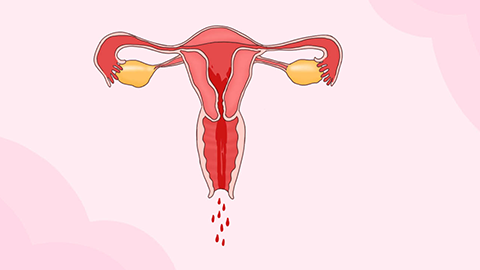What symptoms may occur when a woman has inflammation in the genital area?
When a woman develops inflammation in the genital area, common symptoms include abnormal vaginal discharge, itching and discomfort of the external genitalia, local redness and swelling with pain, urinary abnormalities, and foul-smelling secretions. The details are as follows:

1. Abnormal vaginal discharge: Normally, vaginal discharge is clear or milky white, thin and mucus-like. With inflammation, it may turn yellow-green, become curd-like, foamy, or purulent, and vary in consistency from thick and sticky to watery and thin. In some cases, the amount increases significantly, clearly differing from normal.
2. Itching and discomfort of the external genitalia: Inflammation can cause itching of the skin or mucous membranes of the vulva, ranging from mild to severe. Symptoms may worsen at night or in damp conditions, significantly affecting daily activities and sleep, often triggering an urge to scratch.
3. Local redness, swelling, and pain: Affected by inflammation, the skin and mucous membranes around the vulva or vaginal opening may become red and swollen. Touching the area may cause noticeable pain or a burning sensation. In some cases, skin breakdown occurs, and discomfort may intensify during walking, sitting, or sexual intercourse.
4. Urinary abnormalities: If the inflammation spreads to the urethra or surrounding areas, it may lead to frequent urination (urinary frequency) and urgent need to urinate (urinary urgency). Some individuals may experience a stinging or burning sensation during urination, and in severe cases, normal urinary function may be affected.
5. Foul odor from abnormal discharge: Inflammation may cause secretions to emit a fishy, pungent, or foul smell. The odor typically becomes stronger as the inflammation progresses and may persist despite hygiene measures, causing distress in daily life.
Women who notice any of the above symptoms should maintain cleanliness and dryness of the affected area, wear loose-fitting, breathable cotton underwear, and avoid using irritating or harsh cleansing products. Do not self-medicate. Instead, seek timely evaluation at a reputable hospital's gynecology department. After identifying the specific type of inflammation, follow a doctor’s guidance for proper treatment to prevent worsening or recurrent infections.








